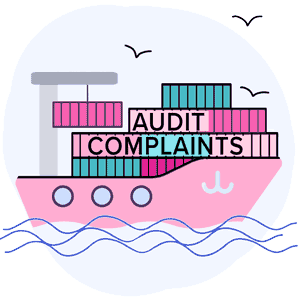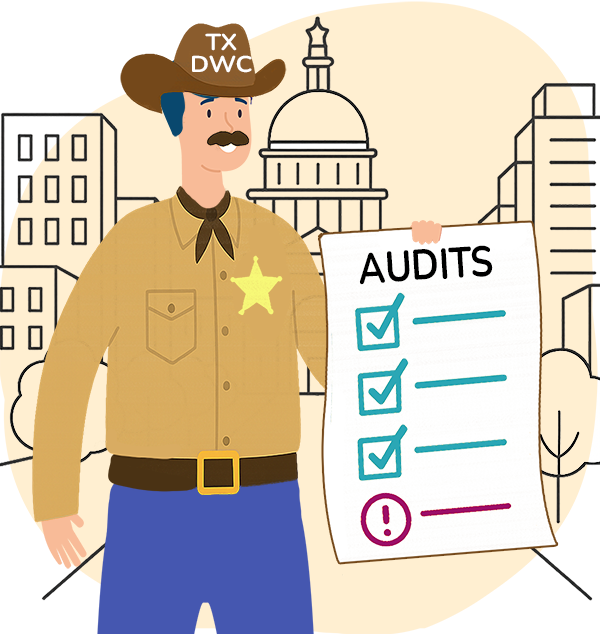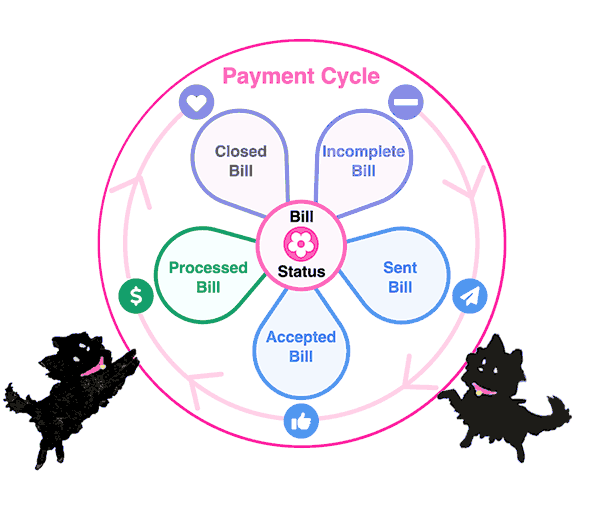Texas DWC: A Model of Provider Support

Texas is an excellent place to consider, if you’re a provider who wants to care for injured workers.
The Texas Division of Workers’ Compensation (DWC) consistently demonstrates its commitment to supporting providers. The latest example is an extensive series of live webinars for provider education, which the Texas DWC will host throughout 2024.
These DWC webinars will cover multiple topics important to providers, including billing, authorization, dispute resolution, and more. daisyBill representatives look forward to attending and reporting on the content of these valuable webinars.
Sadly, we can’t help but compare the Texas DWC’s approach to that of the California DWC, which offers relatively little (i.e., zero) guidance, support, or even regulatory enforcement to assist California providers.
Resources for TX Workers’ Comp Providers
As listed on the Texas Department of Insurance website, the DWC will host an 8-lesson “Health Care Provider Boot Camp” beginning on February 6, 2024. Topics will include:
- Provider roles and responsibilities
- Identifying workers’ comp patients
- Billing procedures
- Reimbursement
- Authorization, medical necessity, and Utilization Review (UR)
- Workers’ comp networks
- Return to Work and Work Status Reports
This series will be followed by additional webinars on fee disputes, compensability, liability, and more. The Texas DWC will repeat the “Boot Camp” course beginning in August for providers who cannot attend the first round.
These topics are vital to running a practice that treats injured workers successfully and sustainably.
For the Texas DWC to take it upon themselves to commit the time and resources necessary to provide these free lessons is a highly encouraging sign (in California, daisyBill assumes the role of hosting free webinars to give providers the information they need).
This is also not the first time the Texas DWC has given the impression that it takes the role of helping providers seriously.
In July 2023, daisyBill representatives attended a conference hosted by the Texas DWC — and we were deeply impressed by the information presented, as well as the Texas DWC’s approach to managing workers’ comp: an apparent commitment to transparency and a stated goal of putting injured workers first on the list of priorities.
The Texas DWC clearly understands the critical role of the providers who treat the state’s injured workers.
Meanwhile, the California DWC whistles past the graveyard as providers are routinely abused by claims administrators in clear violation of laws and regulations. If the California DWC took a more proactive approach to informing providers of their rights (and enforcing them), it would be harder for claims administrators to misbehave with such impunity.
Texas knows investing resources to support providers ultimately creates a better environment for injured workers. Sadly (for California injured workers), the California DWC refuses to connect these dots.
Nationwide, daisyBill increases revenue and decreases hassle for providers who treat injured workers. Get a free demonstration below.
SCHEDULE DEMO
DaisyBill provides content as an insightful service to its readers and clients. It does not offer legal advice and cannot guarantee the accuracy or suitability of its content for a particular purpose.






